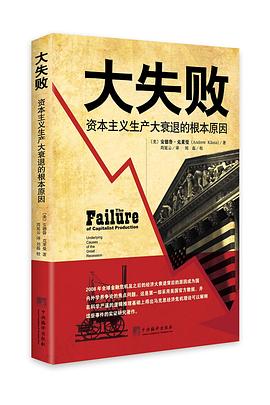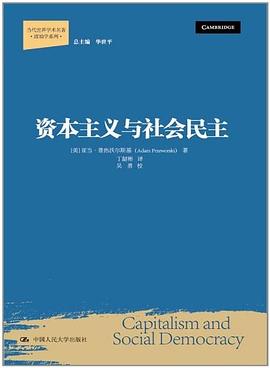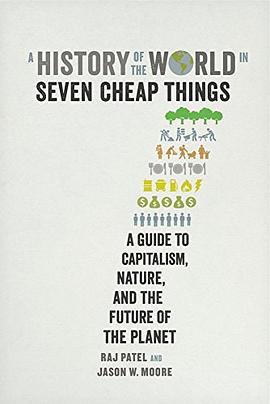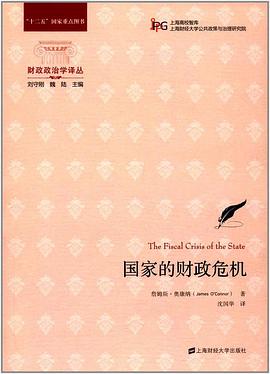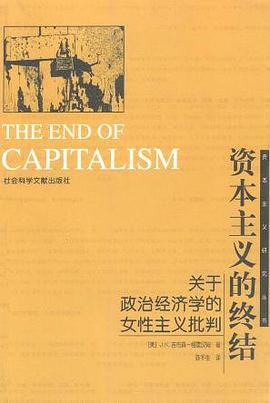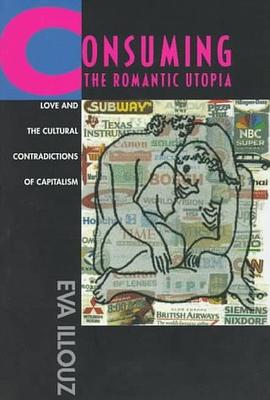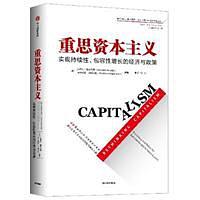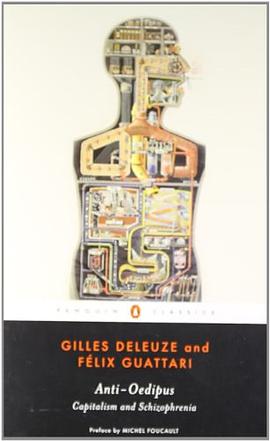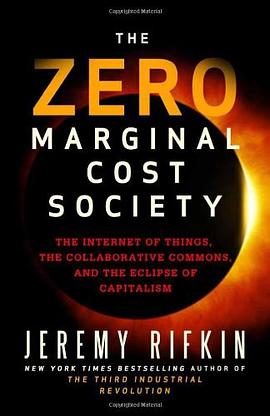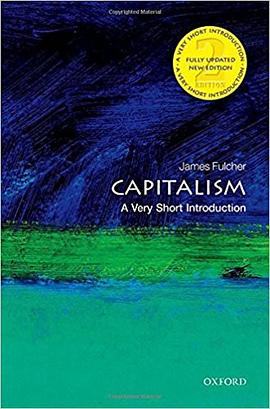

具体描述
What is capitalism? Is capitalism the same everywhere? Is there an alternative?
The word "capitalism" is one that is heard and used frequently, but what is capitalism really all about, and what does it mean? This Very Short Introduction addresses questions such as, "what is capital?" before discussing the history and development of capitalism through several detailed case studies, ranging from the tulipomania of 17th century Holland, the Great Depression of the 1930s, and in this new edition, the impact of the global financial crisis that started in 2007-08.
James Fulcher looks at the different forms that capitalism takes in Britain, Japan, Sweden, and the United States, and explores whether capitalism has escaped the nation-state by going global. It ends by asking whether there is an alternative to capitalism, discussing socialism, communal and cooperative experiments, and the alternatives proposed by environmentalists.
ABOUT THE SERIES:
The Very Short Introductions series from Oxford University Press contains hundreds of titles in almost every subject area. These pocket-sized books are the perfect way to get ahead in a new subject quickly. Our expert authors combine facts, analysis, perspective, new ideas, and enthusiasm to make interesting and challenging topics highly readable.
作者简介
James Fulcher read History at Cambridge, took a Sociology Masters at the London School of Economics, and wrote his PhD at the University of Leicester. His career was spent in the Sociology Department at the University of Leicester and, with John Scott, he produced a number of editions of Sociology, published by Oxford, which has been judged "the best of the all-encompassing texts". His main research interest has been in the history of industrial relations in Sweden and his main teaching interest in the development of Japanese society.
目录信息
读后感
文章的特点是没有把资本主义相关的各方对立起来,而恰恰是相关各方的自我满足产生的行为和结果导致了一个动态的资本主义社会的存在,这颇符合大自然的一些规矩,互相制约,所不同的是,大自然是适可而止的中庸之道,而人类的你争我夺也是你死我活的偏执,这是对欲望的无限需求...
评分Chp5. 资本主义的全球化 自古(15世纪)来就有,典型概念是international division of labor, 全球化的生产/制造(蓝领),远程工作(白领粉领工作),旅游(包括sex tourism),农业/种植业,融资(esp. speculation投机)。 但是这些方面的全球化是不均衡的,世界贫富差距在加...
评分1.1商业资本主义 早期资本主义:商业资本主义,他们更感兴趣的是操纵市场,而不是组织生产劳动。 1.2资本主义的生产 休闲(消费)与工作(生产)。 1.3金融资本主义 赌场资本主义:期货(最早用于规避风险),期权,套利。 资本主义特征:竞争,集中,投机。 1.4什么是资本主义 资...
评分1.1商业资本主义 早期资本主义:商业资本主义,他们更感兴趣的是操纵市场,而不是组织生产劳动。 1.2资本主义的生产 休闲(消费)与工作(生产)。 1.3金融资本主义 赌场资本主义:期货(最早用于规避风险),期权,套利。 资本主义特征:竞争,集中,投机。 1.4什么是资本主义 资...
评分“全球性资本主义”这一概念也产生了具有重要影响的、误导性的神话。神话一:全球性资本主义是新近产物。这种说法是错误的,因为全球性资本主义有悠久的历史渊源。神话二:资本在全球范围内流动。事实上,大多数资本只在一小部分富裕国家之间流动。神话三:资本主义的组织形式...
用户评价
用来学英语不错
评分用来学英语不错
评分用来学英语不错
评分用来学英语不错
评分用来学英语不错
相关图书
本站所有内容均为互联网搜索引擎提供的公开搜索信息,本站不存储任何数据与内容,任何内容与数据均与本站无关,如有需要请联系相关搜索引擎包括但不限于百度,google,bing,sogou 等
© 2025 book.wenda123.org All Rights Reserved. 图书目录大全 版权所有

